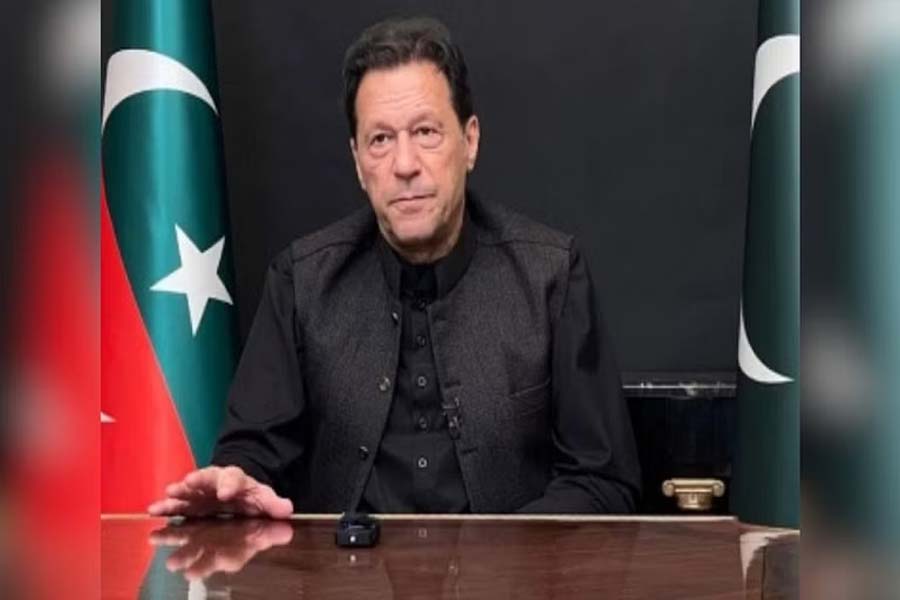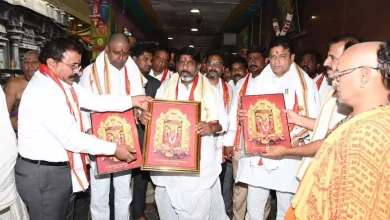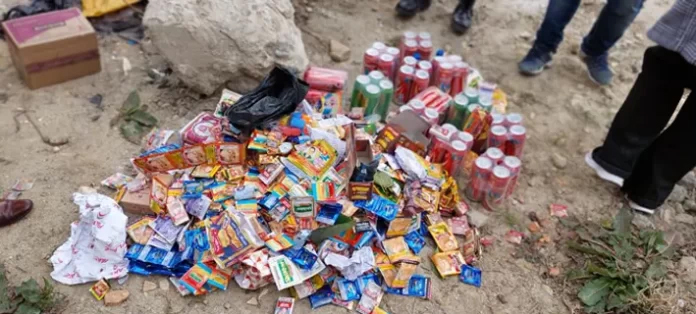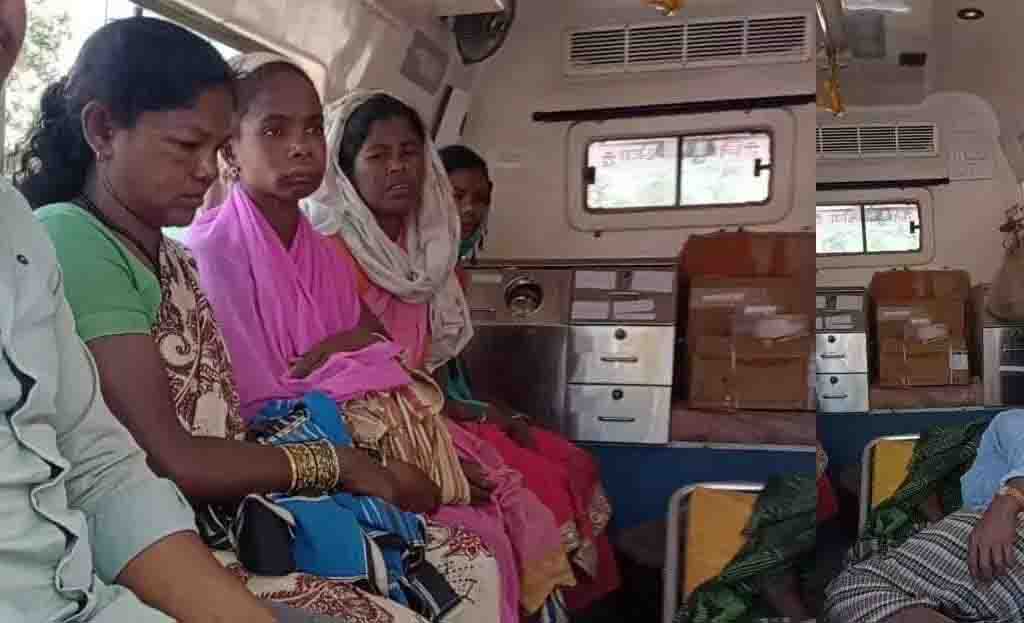Supreme Court stays West Bengal ban on screening of ‘The Kerala Story’
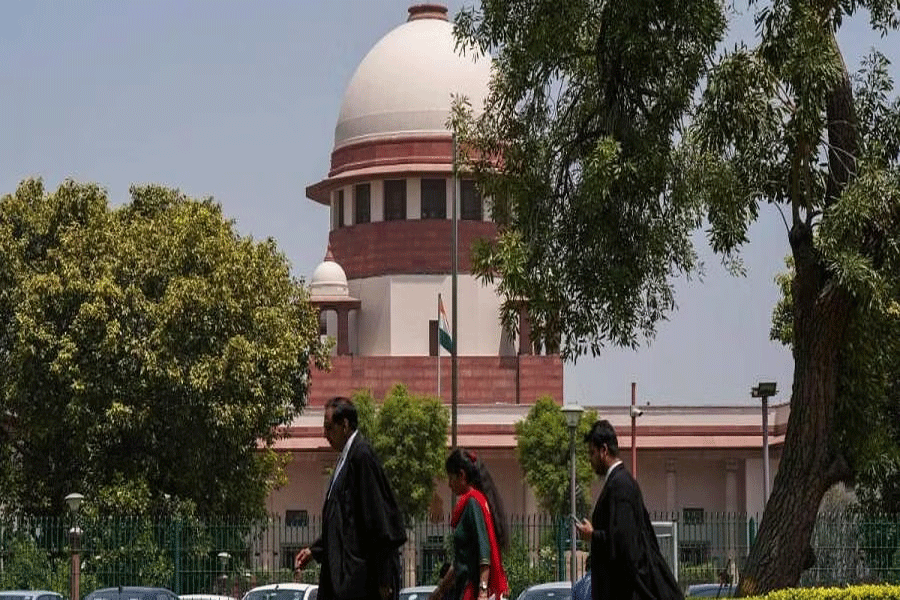
NEW DELHI: The Supreme Court on Thursday stayed the ban imposed by the State of West Bengal on the screening of the controversial film ‘The Kerala Story’.
The top court also recorded the statement made on behalf of Tamil Nadu that the state had not imposed a direct or indirect ban on the movie. It also directed the government to provide security to theatres and to moviegoers.
“Law can’t be used to put a premium on public intolerance, otherwise all films will find themselves in this spot,” observed a bench comprising CJI DY Chandrachud, Justice PS Narasimha, and Justice JB Pardiwala.
“The film has been released everywhere in the country. You can’t make the fundamental right of free speech to be dependent on public display of emotion. Public display of emotion has to be controlled. if you don’t like it, don’t see it,” CJI told Senior Advocate Dr Abhishek Manu Singhvi, appearing for West Bengal Government.
“You’re saying that ban on the film is on the basis of 13 people, you get any 13 people they’ll say ban any movie. Unless you’re showing them cartoons. Section 6 (of the West Bengal Cinema Regulation Act ) cannot be utilized to put a premium on pubic intolerance,”CJI Chandrachud remarked.
During the hearing, the bench also questioned the claim made by the film that 32,000 women from Kerala have been deceitfully converted to Islam and recruited to ISIS. Senior advocate Harish Salve, appearing for the film producer, agreed to clarify in the disclaimer that “there is no authentic data available to back up the suggestion that the figure of conversions is 32,000 or any other established figure,” he said.
He said that the disclaimer will be added by 5 PM on May 20. The disclaimer will clarify that the film represents a fictionalised version of the subject matter.
The Court’s order came in a plea filed by makers of ‘The Kerala Story’- Sunshine Pictures Private Limited and Vipul Amrutlal Shah challenging the West Bengal government’s decision to ban the screening of the film.
The bench also agreed to post the pleas challenging Kerala and Madras high courts’ order of refusing to stay the screening of the film post-summer vacations. While Kerala HC passed the order by laying emphasis on artistic freedom and said that there was a need to strike a balance, Madras HC had ruled that decision of the statutory body can be interfered with under Article 226 of the Constitution of India only if there is a procedural infraction.
The bench also noted that none of the petitioners had watched the film and that the producers had added a disclaimer that the film was a fictionalised version of events. However, the High Court also recorded the submission of the producer that the teaser of the movie, which claimed that over 32,000 women from Kerala were recruited to ISIS, will be removed from their social media accounts.
Defending its order issued under Section 6(1) of the West Bengal Cinemas (Regulation) Act on May 8 of banning the movie “The Kerala Story”, the Mamata Banerjee government has told the SC that the movie contains hate speech and is based on manipulated facts that can lead to communal disharmony and law and order issues in the State.
Whereas, denying the allegations of the de facto ban in Tamil Nadu with regards to the movie ‘The Kerala Story ‘ and terming them as baseless, Tamil Nadu government had told SC that the movie was released in 19 multiplexes in Tamil Nadu on May 5 and there was no order banning the screening of the film.


